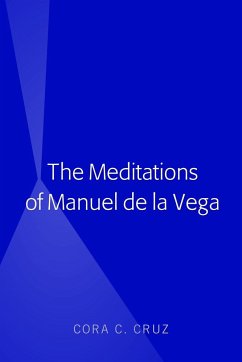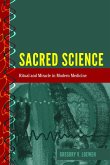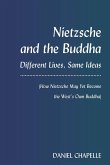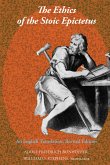The Meditations of Manuel de la Vega addresses the "hard" problem of consciousness in a nonreductive way. Which is to say, the question is posited as to why, no matter how much structural or functional explanation we may devise, this does not quite satisfy attempts to grasp the essence, the "what it is like," of being an embodied consciousness. The book's method aims to be faithful to its subject by its choice of format. It does not intend to offer fully articulated theory, as univocal argument, but to facilitate theory, over the course of several exemplars, and by way of various perspectives which in the end form a whole-albeit not a closed or finalized whole. While fully compatible with certain theories of consciousness, and while yet incorporating much theorizing itself, the book makes the point, by its example, that explanations of consciousness must not necessarily be theories and models, and that the mode in which theories are rendered may be only part, and perhaps not the most important part, of what consciousness "is" or "does." This is much in keeping with phenomenological methods, with the anthropological-genealogical approaches of existentialists, and with certain takes on aesthetics; in keeping also with the insights of post-structuralism, and yet it does not exclude (and may even complement) some current computational or neurophysiological models of consciousness.
"This is a wonderful, living book. The distinctive, compelling and accessible voice is at once contemporary and deeply rooted, with hints of both magical and Sartrean realisms. It is a beautiful set of meditations on subjectivity and perspective taking, on the life of the mind versus the active life, on luck, on love and the strange fidelity that sometimes comes out of infidelity, on children-being them and raising them, on scientific versus aesthetic mindsets, on mysticism, on intellectual traditions, and on social injustice. It is one of the best philosophy-in-literature books I have ever read." Kenneth Williford, Associate Professor and Chair, Department of Philosophy and Humanities, University of Texas at Arlington








